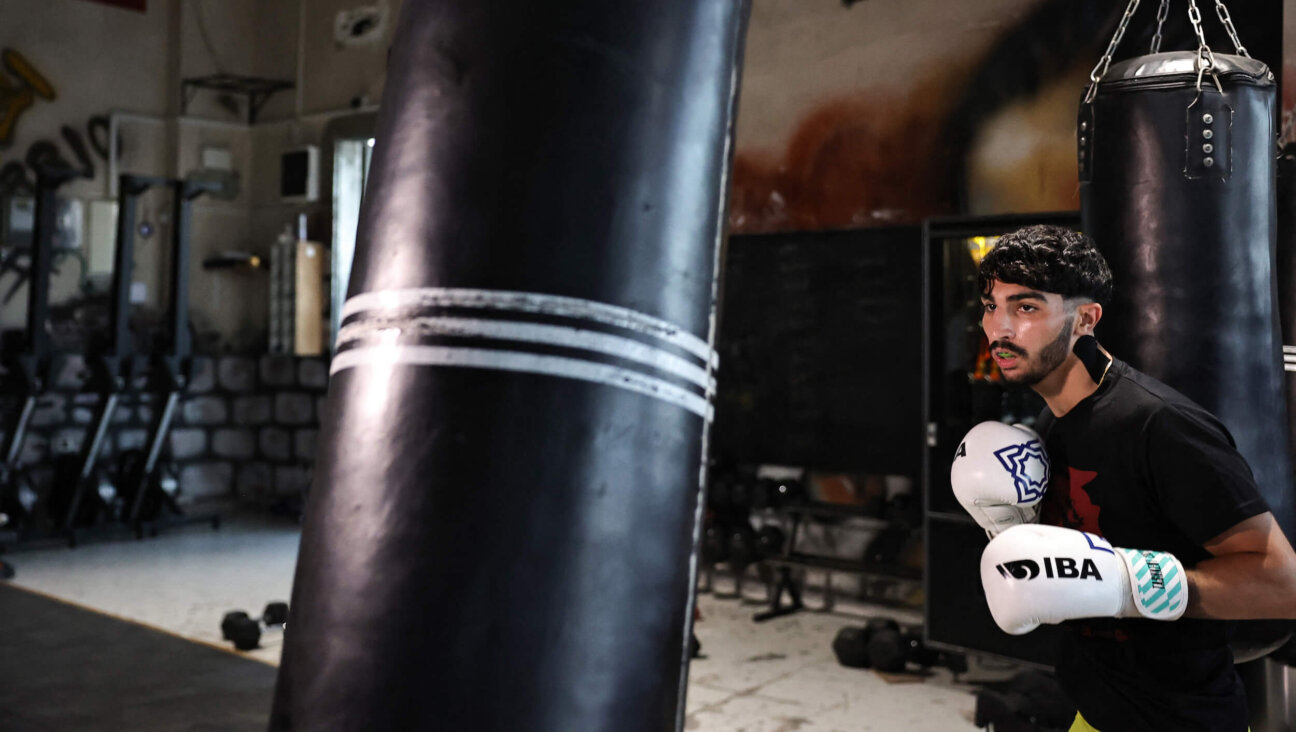I Would Trade All the Fair Coffee Beans in the Universe
I am a coffee addict. I love the taste, crave the spreading warmth and am intoxicated by the aroma. Sometimes I think it is the last thing on earth I would willingly surrender. But when I take the first few sips of my coffee in the early morning, I imbibe something more than the freshly dripped Starbucks percolating my brain awake. I am inhaling privilege and savoring the freedom to drink.
My nightly ritual parallels the morning one. No matter where I may be, whether preparing the coffee machine in my own kitchen or sitting on the edge of a hotel bed ordering room service for the start of another business day, I mentally close out the accounts of the current day while anticipating the next day’s fresh cup. As I grind the beans and insert the filter, as I pour the water and set the timer, I am really measuring more than the coffee. I am calculating the bounty that has been granted, fully aware that it can be withheld at any time.
There is never coffee on Yom Kippur morning. I mark time on my calendar accordingly. When summer ends, others may dread the return to the quotidian rhythm that September heralds. Another school year is to begin, with its overflowing rosters and carpool conflicts, its homework deadlines and endless chaos. But to me the cooler weather signifies that Yom Kippur is drawing near, and my countdown has literally begun.
Why is this day different from all other days? On all other days, I can eat anything whatsoever and on this day I may eat nothing at all. On all other days, I can pour coffee leaning or sitting upright, I can drink it dripped with bitterness or dipped with sweet, but on this day I am not allowed to drink even one tiny drop. On this day, I am completely without. I am challenged on Yom Kippur in my deprivations.
On Yom Kippur day, I feel God present before me. Not because I am swayed by the solemn prayer of my neighbors, or hypnotized by the opiate of the mass chanting. Rather, it is the denial of earthly pleasures that makes me acutely feel His power.
On this day, I know that everything I have I owe to God. His omnipotent magnificence is reflected in the gifts I have no access to today. I sense the shower’s hot water cascading as I stand dryly in the stall of my pew; I taste the granola and yogurt kissed by the touch of berries on the spoon that remains in the cupboard, and I smell the coffee that brews in my dreams and stirs in my soul.
I am untouched by color, unadorned, bare. My teeth feel grimy. My uniformed white clothing clashes with my ugly plastic shoes. My face is ashen. All the while, the second hand on my watch seems to go backwards, and God’s gifts, wrapped before me, remain unreachable until dark, their beauty and worth amplified by this delay.
Our worship of God is intense on our day of denial. We praise and beseech the God who graces our tables with food and drink as our hunger and thirst escalate. We need to not eat to truly love and appreciate our meal at the end of the only hunger we know all year. Perhaps it is only when we cannot eat that we can most appreciate what we too often take for granted.
Last year was the first Yom Kippur since I buried my father. This is the holiday, more than any other, that belonged to him.
Abstinence from food for 24 hours was effortless for the man who spent six interminable years in a single Nazi concentration camp. He used to laugh when we told him we “were starving.” “Starving!?” he would rebuke with love and a lilt in his accented voice. “You do not really experience hunger until the third day. The first day is nothing.”
He ate with gusto, on a finely set table, placing a small piece of bread under his butter, a meal not complete without wine, and he appreciated and blessed every bite. His victory over death taught him how to act alive for the rest of his days.
Each year, as I sat at my own seudah mafseket table, clad in its hallmark white cloth, silver dishes dripping with honey, challah crumbs abound, forcing down yet another forkful of sweet potatoes and chicken cooked without salt, the phone would ring. “Nina?” my father’s priestly voice beckoned. “I want to bench you.”
“Now?” I would inevitably inquire, still unaccustomed to the Germanic sense of timeliness he failed to instill in me. “Right now?!?” I repeated. Invariably, I had not showered. I still had relatives to call.
“Yes, it is getting late, Nina. Now.” And I would escape to his voice at the other end of my magical connection. I was to be protected by the cloak of his blessing for the year to come.
“Nina,” he would then tell me, “I wish you a gut gebentched yur,” the Yiddish authenticating a guarantee from his mouth to God’s ears. And then he would wish me an easy fast and say goodbye with the exact same parting words: “We have a date for next year.”
But there was no date last year. Instead, on Erev Yom Kippur I lit my first yahrzeit candle. And I stood alone for the Yizkor service as I recited out loud the only words my voice managed to pronounce in shul all day.
I looked in vain for his face in the sea of white cotton kittels, I could not hear his off-key tune during the priestly blessing, and the wizened eyes in each passing wheelchair belonged to other old men. My father’s voice and looks now reside within my soul.
Until last year, what I had longed for most on Yom Kippur was the coffee that I thought I could not live without. But the new emptiness softened my old cravings. I now know that I would trade all the fair beans in the universe for a single gifted hour in my father’s graceful presence.
Nina Kampler is a corporate attorney, retail real estate strategist and mother of four.
A message from our editor-in-chief Jodi Rudoren

We're building on 127 years of independent journalism to help you develop deeper connections to what it means to be Jewish today.
With so much at stake for the Jewish people right now — war, rising antisemitism, a high-stakes U.S. presidential election — American Jews depend on the Forward's perspective, integrity and courage.
— Jodi Rudoren, Editor-in-Chief























